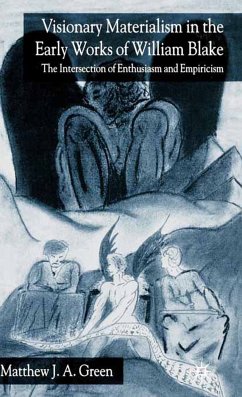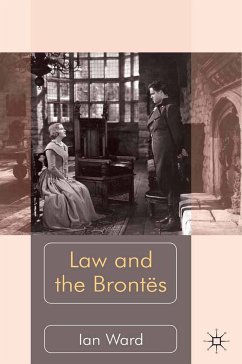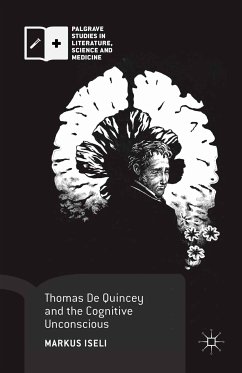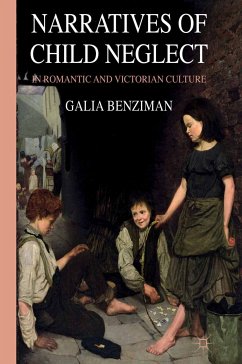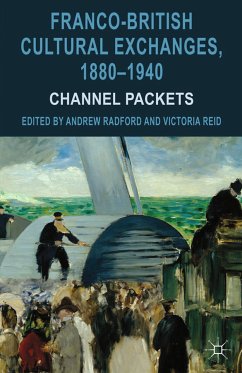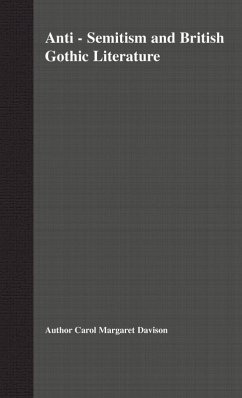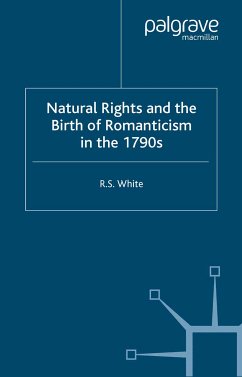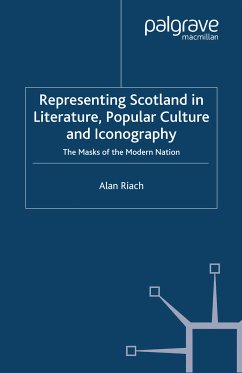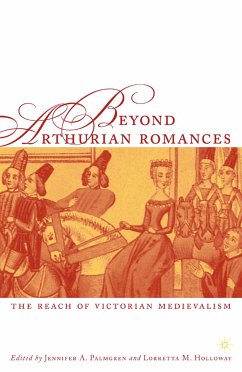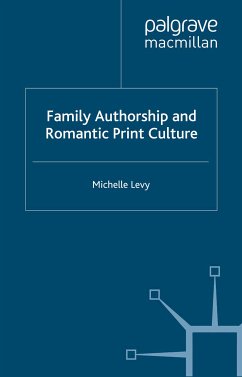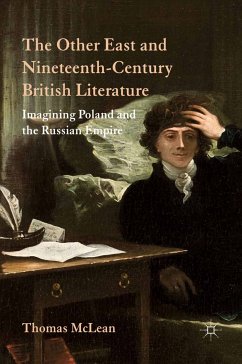
The Other East and Nineteenth-Century British Literature (eBook, PDF)
Imagining Poland and the Russian Empire
Versandkostenfrei!
Sofort per Download lieferbar
40,95 €
inkl. MwSt.
Weitere Ausgaben:

PAYBACK Punkte
20 °P sammeln!
The Polish exile and the Russian villain were familiar figures in nineteenth-century British culture. This book restores the significance of Eastern Europe to nineteenth-century British literature, offering new readings of Blake's Europe , Byron's Mazeppa , and Eliot's Middlemarch , and recovering influential works by Thomas Campbell and Jane Porter.
Dieser Download kann aus rechtlichen Gründen nur mit Rechnungsadresse in A, B, BG, CY, CZ, D, DK, EW, E, FIN, F, GR, HR, H, IRL, I, LT, L, LR, M, NL, PL, P, R, S, SLO, SK ausgeliefert werden.



